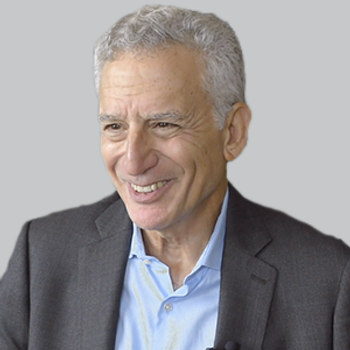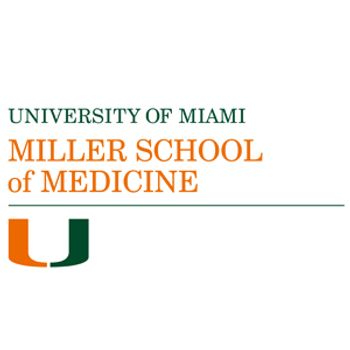
Dementia and Alzheimer Disease
Latest News
Latest Videos

CME Content
More News

Despite a lack of effect on memory and other cognitive tasks, as measured by ADAS-Cog-11, rotigotine improved frontal cognitive function and activities of daily living in those with Alzheimer.

The performance of p-tau217 was similar to significantly more costly methods, such as PET imaging and measuring cerebrospinal fluid biomarkers.

A trio of studies presented at AAIC 2020 suggest that consistently vaccinations for influenza and pneumonia may reduce the incidence of Alzheimer later in life, as well as mortality for older adults.

Join NeurologyLive and the Women Neurologist Group on Twitter to discuss the importance of mental health and wellness in neurologic disorders.

Take 5 minutes to catch up on NeurologyLive's highlights from the week ending July 24, 2020.

The director emeritus of the Lou Ruvo Center for Brain Health at Cleveland Clinic and vice chair of the Department of Brain Health at the University of Nevada-Las Vegas, details trends in Alzheimer disease research over the past few years.

The assistant professor of neurosurgery at Yale School of Medicine discussed what doors have been opened by a recent study of the cell death process she and colleagues conducted.

The regulatory agency has set prescription drug user fee act action date of April 3, 2021, for the Acadia Pharmaceuticals product.

As of February of this year, 121 unique therapies are involved in clinical trials for Alzheimer disease, with putative disease-modifying agents targeting disease onset or progression accounting for the largest number.

sNDA Granted to Ticagrelor, BAN2401 Phase 3 Trial Launched, Telemedicine Reimbursement Set to Expire
Neurology News Network for the week ending July 18, 2020.

sNDA Granted to Ticagrelor, BAN2401 Phase 3 Trial Launched, Telemedicine Reimbursement Set to Expire
Neurology News Network for the week ending July 18, 2020.

Take 5 minutes to catch up on NeurologyLive's highlights from the week ending July 17, 2020.

The assistant professor of neurosurgery at Yale School of Medicine discussed the work that still needs to be done to understand the role cell death process might play in neurodegeneration as the human body ages.

The assistant professor of neurosurgery at Yale School of Medicine discussed the observations she and colleagues have made of the relationship between microglia and astrocytes in the cell death process.

The 18F-PI-2620 radiotracer’s positive effect on diagnosing and differentiating patients with suspected progressive supranuclear palsy leaves questions about its potential as a PSP progression biomarker.

The investigational Alzheimer disease agent BAN2401 will be assessed in 1400 participants who will be randomized to either the A3 trial or the A45 trial.

The assistant professor of neurosurgery at Yale School of Medicine discussed the current understanding of the process of cell death in the brain, and what players are involved in the removal of dead cells.

The assistant professor of neurosurgery at Yale School of Medicine spoke to the observations she and colleagues made to better understand the process of cell death and corpse removal in the brain.

The University of Miami Miller School of Medicine designated as 1 of the 31 centers of excellence by the National Institute of Aging and will play a huge role in the 1Florida Alzheimer's Disease Research Center.

Neurology News Network for the week ending July 11, 2020.

Take 5 minutes to catch up on NeurologyLive's highlights from the week ending July 10, 2020.

Despite the ongoing public health emergency, many of the telehealth policies established by the CARES Act waiver are expiring.

Biogen’s biologics license application for aducanumab is supported by the phase 3 EMERGE and ENGAGE trials. The company has also requested a priority review designation.

New findings indicate that cognitive health in old age depends in part on cognitive development in early life.

A look at the questions you should be asking during the decision-making process of picking a telehealth vendor.



















